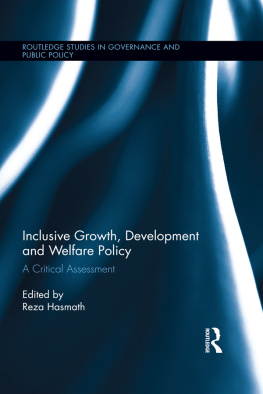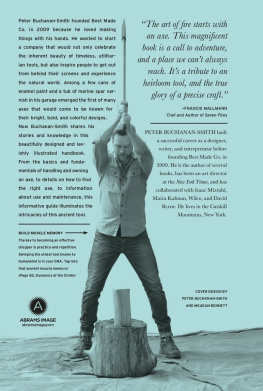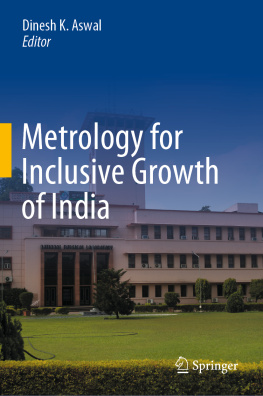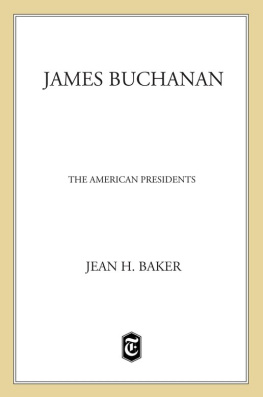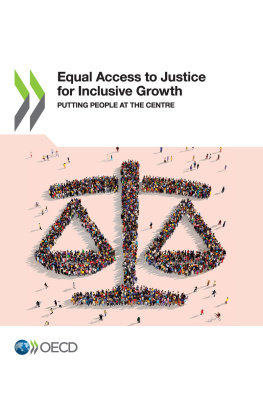John Buchanan - Inclusive Growth in Australia
Here you can read online John Buchanan - Inclusive Growth in Australia full text of the book (entire story) in english for free. Download pdf and epub, get meaning, cover and reviews about this ebook. year: 2013, publisher: Allen Unwin, genre: Politics. Description of the work, (preface) as well as reviews are available. Best literature library LitArk.com created for fans of good reading and offers a wide selection of genres:
Romance novel
Science fiction
Adventure
Detective
Science
History
Home and family
Prose
Art
Politics
Computer
Non-fiction
Religion
Business
Children
Humor
Choose a favorite category and find really read worthwhile books. Enjoy immersion in the world of imagination, feel the emotions of the characters or learn something new for yourself, make an fascinating discovery.

- Book:Inclusive Growth in Australia
- Author:
- Publisher:Allen Unwin
- Genre:
- Year:2013
- Rating:4 / 5
- Favourites:Add to favourites
- Your mark:
- 80
- 1
- 2
- 3
- 4
- 5
Inclusive Growth in Australia: summary, description and annotation
We offer to read an annotation, description, summary or preface (depends on what the author of the book "Inclusive Growth in Australia" wrote himself). If you haven't found the necessary information about the book — write in the comments, we will try to find it.
Inclusive Growth in Australia — read online for free the complete book (whole text) full work
Below is the text of the book, divided by pages. System saving the place of the last page read, allows you to conveniently read the book "Inclusive Growth in Australia" online for free, without having to search again every time where you left off. Put a bookmark, and you can go to the page where you finished reading at any time.
Font size:
Interval:
Bookmark:


2 Park Square, Milton Park, Abingdon, Oxon OX14 4RN
605 Third Avenue, New York, NY 10017
Copyright in individual chapters with their authors
Product or corporate names may be trademarks or registered trademarks, and are used only for identification and explanation without intent to infringe.
National Library of Australia
www.trove.nla.gov.au
- i
- FIGURES
- TABLES
Melbourne Institute of Applied Economic and Social Research and Brotherhood of St Laurence
University of Sydney Business School
Australian Council of Trade Unions
School of Social and Political Sciences, University of Melbourne and Brotherhood of St Laurence
Workplace Research Centre, University of Sydney
Melbourne Institute of Applied Economic and Social Research
Monash University
Leeds University Business School
Bank of America, Merrill Lynch Australia
Manchester Business School, University of Manchester
UTS Business School, University of Technology, Sydney
Centre for Health Economics, Monash University
University of Sydney Business School
Brotherhood of St Laurence
Royal Holloway, University of London
UTS Business School, University of Technology, Sydney
School of Social and Political Sciences, University of Melbourne and Brotherhood of St Laurence
School of Social and Political Sciences, University of Melbourne
Crawford School of Government, Australian National University
Manchester Business School, University of Manchester
Workplace Research Centre, University of Sydney
Font size:
Interval:
Bookmark:
Similar books «Inclusive Growth in Australia»
Look at similar books to Inclusive Growth in Australia. We have selected literature similar in name and meaning in the hope of providing readers with more options to find new, interesting, not yet read works.
Discussion, reviews of the book Inclusive Growth in Australia and just readers' own opinions. Leave your comments, write what you think about the work, its meaning or the main characters. Specify what exactly you liked and what you didn't like, and why you think so.


